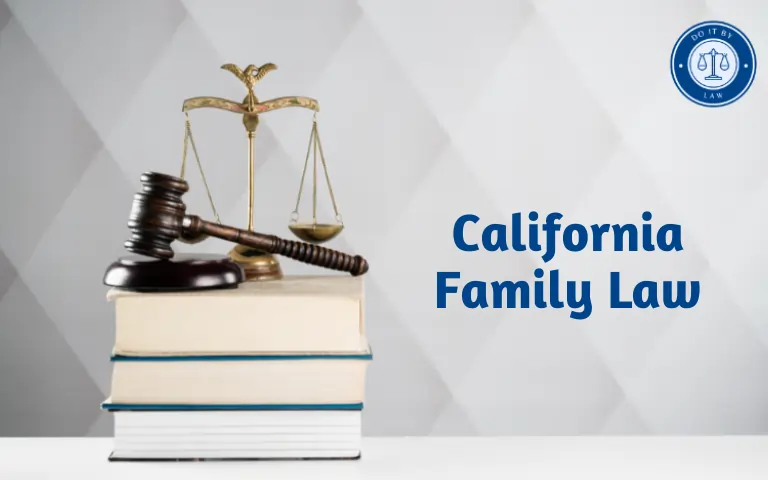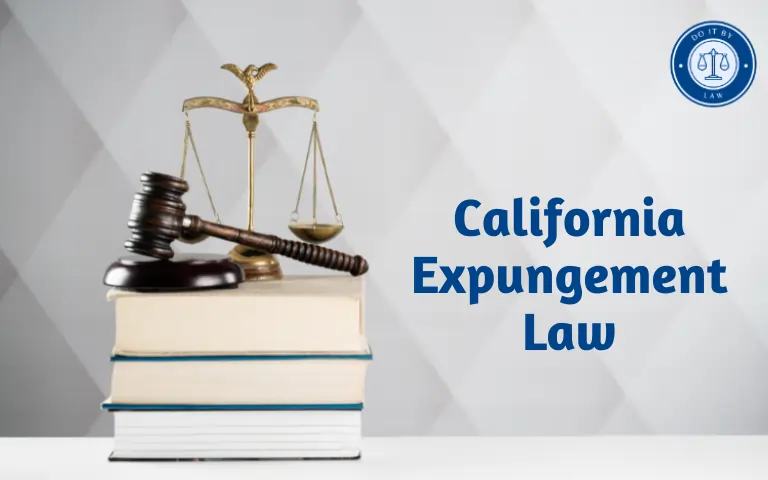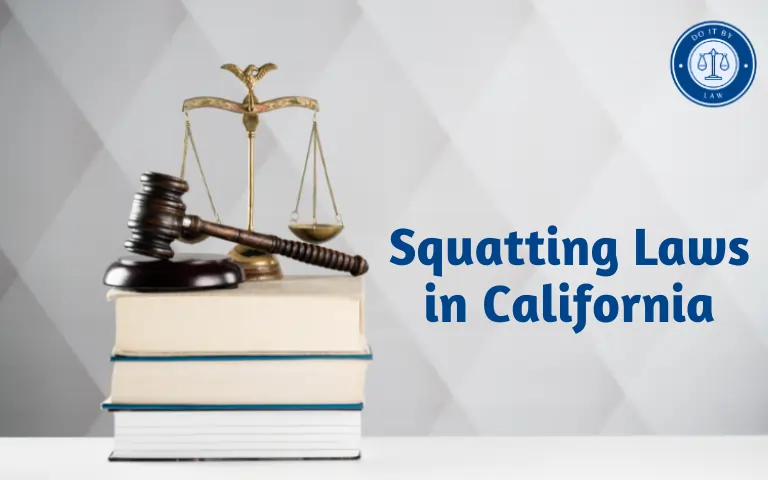California Family Law: What You Need to Know
Family law governs legal relations and obligations within a California Family Law. It covers areas like divorce, child custody, child support, spousal support, domestic violence, prenuptial agreements, adoption, and more.
Understanding California’s family laws is crucial whether you are going through major life changes, planning for the future, or simply wanting to know your rights and responsibilities.
This comprehensive guide summarizes key aspects of California family law and regulations that every resident should know.
When California Family Law Was Enacted
California State first marital property laws were enacted in 1850 when it became a state. The Family Law Act of 1969 established California’s no-fault divorce system and formed the basis for modern family law codes.
Significant reforms were made in the 1970s and 1980s, including eliminating gender bias and recognizing domestic partnerships. In 1992, the California Family Code was enacted to consolidate various family laws into one unified code.
The Family Code has been frequently updated over the past decades to reflect societal changes. However, its core principles of equality, fairness, and the best interests of children remain unchanged.
Who California Family Law Applies To
California family law applies to all individuals domiciled or residing in California, even if married in another state. It governs marital relationships like marriage, domestic partnership, divorce, and separation.
Family law covers legal relationships between parents and children, such as paternity, adoption, child custody, visitation, and support. It also regulates relationships between other family members like grandparents, siblings, and extended relatives.
Any legal issue involving spouses, domestic partners, parents, children, and other family members falls under the purview of California family law.
Key Provisions of California Family Law
Some key components of California family law include:
Marriage and Domestic Partnerships
- Sets requirements for valid marriages and domestic partnerships in California. Addresses issues like getting married, prenuptial agreements, name changes, and terminating partnerships.
Divorce and Separation
- Establishes legal processes for divorce, annulment, and legal separation in California. Covers topics like grounds for divorce, asset division, spousal support, date of separation, and more.
Child Custody and Visitation
- Determines custody based on the child’s best interest. Defines different forms of custody like joint, sole, and split. Sets guidelines for developing parenting plans and visitation schedules.
Child Support
- Requires noncustodial parents to pay for child support based on State guidelines. Covers topics like calculating support amounts, modifying support orders, enforcement, and terminating support.
Domestic Violence
- Provides procedures for getting restraining orders against abusive spouses or partners. Addresses topics like abuse types, reporting requirements, penalties, and prevention policies.
Adoption
- Establishes a process for adopting a child in California. Covers topics like consent requirements, home studies, open adoptions, adoption assistance, and more.
Property Rights
- Defines separate, community, and quasi-community assets. Determines ownership and division of assets during divorce or separation.
Paternity
- Establishes legal fatherhood for unmarried couples. Covers topics like voluntary declarations of paternity, genetic testing, and parental rights of unwed fathers.
California family law also has provisions on prenuptial agreements, mediation, tax issues, court procedures, and other matters affecting families.
Penalties for Violating California Family Law
The penalties for violating California family laws depend on the specific offense but may include:
- Contempt of court charges for disobeying valid court orders like violating child custody terms or failing to pay support. This can result in fines of up to $1000 and/or jail time of up to 5 days for each violation.
- Misdemeanor charges for certain domestic violence offenses. Punishable by up to 1 year in county jail.
- Felony charges for more serious domestic violence crimes like assault, battery, and violating protective orders. Punishable by years in state prison.
- A wage garnishment or property liens for failure to pay child support or spousal support obligations.
- Loss of tax exemptions or deductions for failing to follow tax rules on divorce and child support.
- Attorneys’ fees and other costs for unreasonable behavior during divorce litigation.
- Termination of parental rights for abandoning a child or extreme circumstances.
Recent Changes to California Family Law
Some notable changes to California family law in recent years include:
- Eliminating lifetime spousal support and replacing it with shorter-term support in many cases (AB 1605).
- Providing courts more discretion to assign animals jointly in divorce/separation (AB 2274).
- Allowing supportive care payments to low-income persons unable to fully care for pets during divorce (AB 133).
- Updating child custody factors to prohibit discriminating against parents based on gender, gender identity, or sexual orientation (AB 1779).
- Requiring equal child custody timeshare to be presumed if requested by fit parent (AB 1058).
- Extending the statute of limitations in domestic violence cases from 3 to 5 years (AB 1629).
- Increasing protections for domestic violence victims like limits on victim compensation for abuser’s legal fees (AB 1171).
- Expanding rights of sperm donors who agree to assist lesbian couples in conceiving children (SB 1296).
- Allowing low-income persons to get fee waivers for establishing parental relationships (AB 1959).
Proposed changes currently being considered include alimony deductions, new child custody guidelines, and updates to the family court system.
Controversies and Debates Around California Family Law
California family law has been impacted by shifting societal views on issues like:
- No-fault divorce – Some criticize it for increasing divorce rates and undermining marriage while others argue it reduces conflict.
- Spousal support – Disagreements over guidance for calculating support amounts and duration.
- Domestic violence – Concerns around enforcement of restraining orders and handling false accusations.
- Same-sex marriage – Debates before legalization over marriage eligibility and rights.
- Surrogacy – Arguments over commercial vs. altruistic surrogacy and rights of donors, surrogates, and intended parents.
- Father’s rights – Advocacy for stronger presumed custody rights for fathers and enforcement of visitation.
- False abuse claims – Concerns about parents making false abuse allegations during custody disputes.
- Court system – Calls for more resources and accessibility for family courts and services.
Reforms try to balance competing perspectives on these issues but debate continues in many areas.
Conclusion
Family law in California strives to protect the rights and interests of all family members during life changes like divorce or adoption. Understanding the law’s key principles and recent reforms allows you to effectively plan for the future and protect your relationships.
While some areas are still evolving, California aims to shape family law to reflect modern beliefs on equality, privacy, child welfare, and domestic responsibilities. Staying informed and abiding by all court orders is critical to avoiding potential legal actions and penalties.
Consulting an experienced California family law attorney can also help guide you through any complex or contested family issues.







